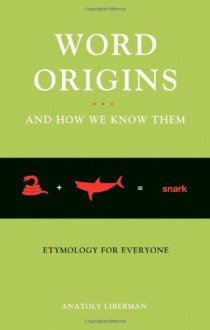
Most of us have grown up with Scrooge’s Christmas Eve escapades. We know the plot, the catch phrases, the every “bah, humbugs!” like the back of our hands. The names Ebenezer, Jacob Marley and Bob Cratchit are now as deeply familiar to us as Santa, Rudolph, and Frosty. We know it all. Or do we? What is it about those Victorian names that haunt our yuletide imagination? What are they hiding about the characters we re-invite into our homes every year? And what, moreover, do they say about Dickens’ supposedly simple tale that may not be so simple after all?

 Log in with Facebook
Log in with Facebook 







